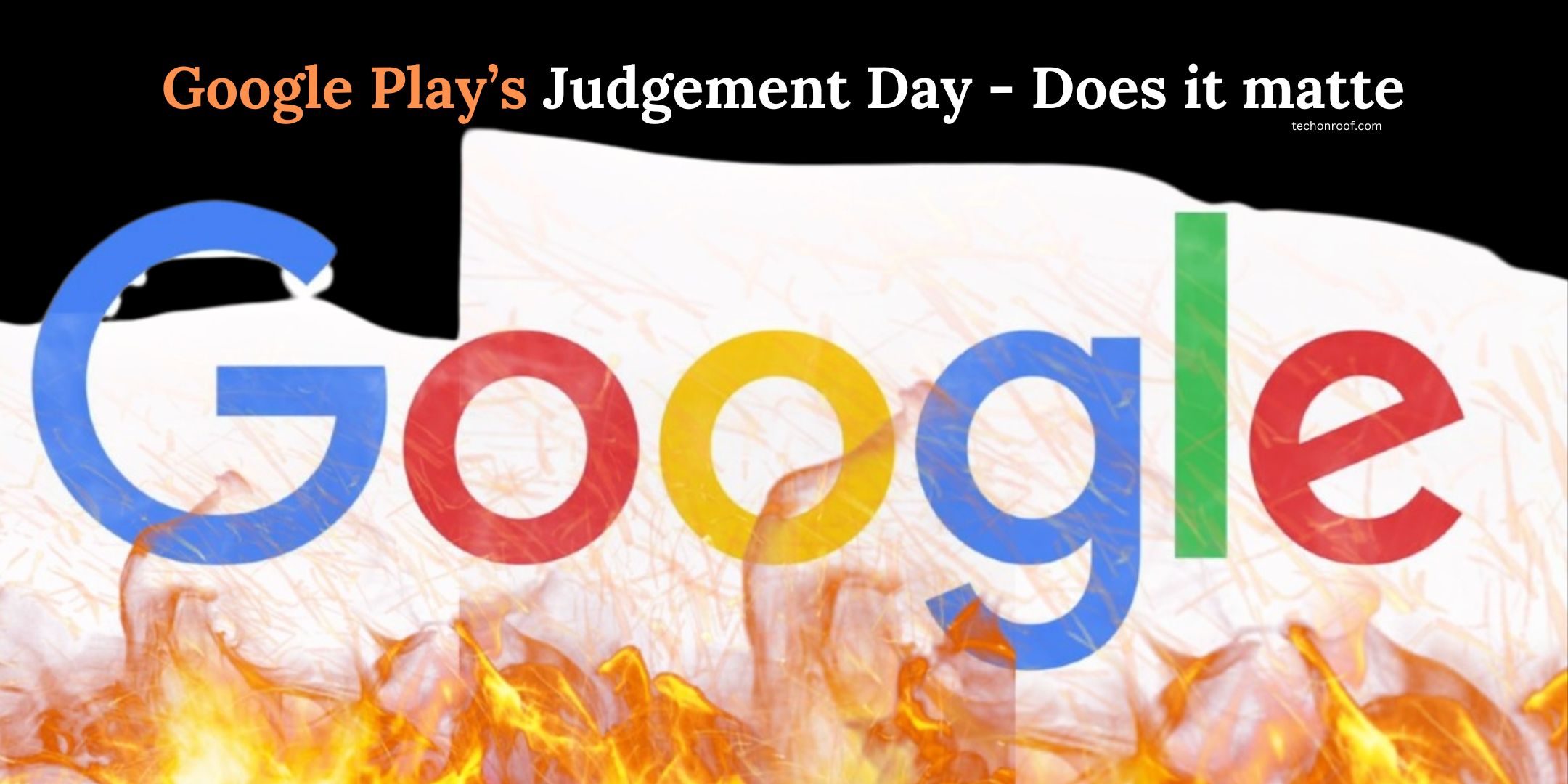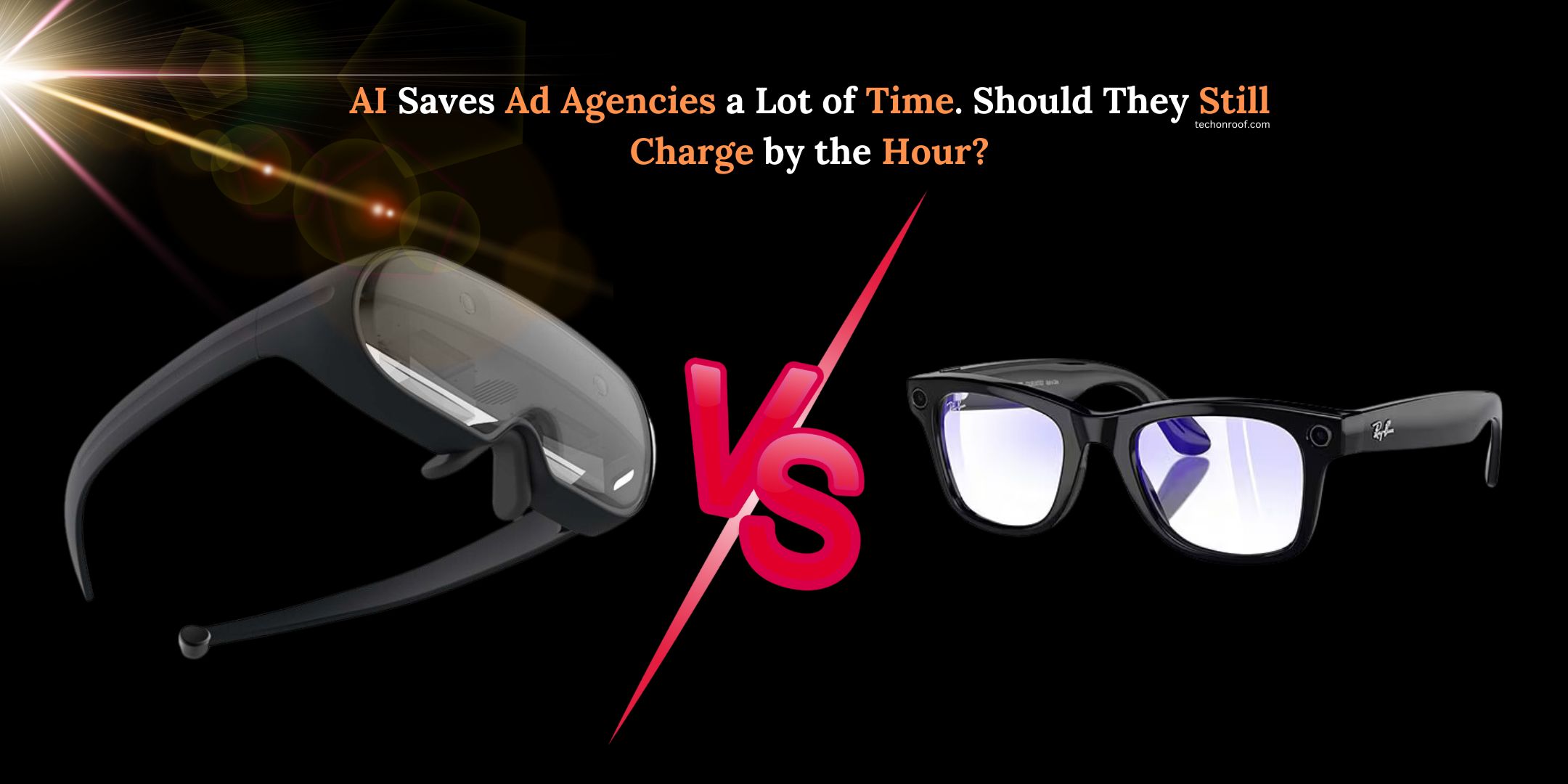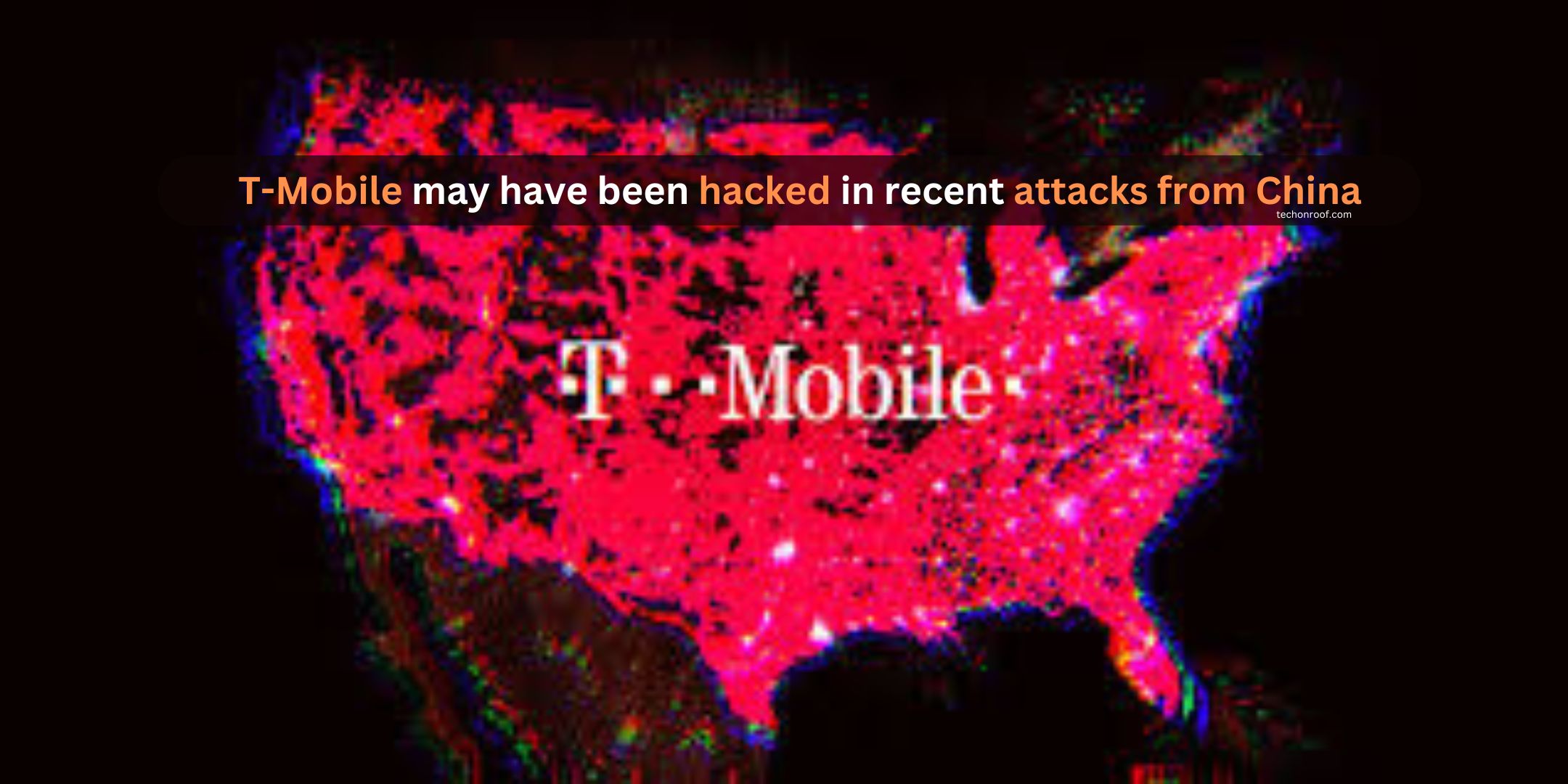Google has been sanctioned, at least temporarily in the U.S., by a recent ruling in the case of Epic vs. Google to open the gates of its Play Store to third-party apps. Even though the tech giant shall likely appeal the verdict, it does bring some changes in the landscape of the shop as we know, and so here is the list:
- Google is allowed to permit the operation of third-party stores within the Play Store environment.
- It must permit all apps to be accessible through these third-party markets.
- Google cannot compel its payment service on developers distributing apps through the Play Store.
- The company cannot offer financial incentives to developers for allowing their apps to appear first or exclusively on the Play Store.
- Google cannot compensate device makers and carriers by pre-installing only the Play Store, not third-party stores.
These rules are expected to run for three years, which the judge feels is ample time for players to stabilize themselves and, hence, increase competition in the space.
Read Also: Xbox Android app will start game sales next month
This ruling allows companies like Epic and Xbox to attract users. In the next three years, these competitors can offer such perks to users- a strategy Google cannot use under the new rules. Xbox, for instance, announced that users can buy and play games directly through its Android app starting in November.
However, Microsoft has not yet produced anything like a significant public push regarding its mobile ambitions, preferring LinkedIn posts and informal communications.
Whether Google will sustain revenue models through this ruling remains to be seen, though past acts present guides to this practice. Take the period when Google was forced to roll out an alternative pay channel in South Korea, for example. In that instance, Google rolled out a 26 percent billing charge on third-party billing, which saved its financial interest. The same may be the case for Google in the U.S.
Read Also: Watch out for this Gmail scam that could easily fool you
Even with the policies, Google Play still leads in the U.S. market. With iOS generating more revenue, this portion of player spend is still being dominated by Android. According to AppMagic, during the first nine months of 2024, 40% of mobile game player spending was through Google Play. “If developers can avoid Google’s take, they surely pocket quite a bit more revenue.“
However, the bet with all this shift in consumer behavior away from Google Play is big for any contender, whether Epic or Xbox. They have to be able to make the long-term investment if they’re going to make any headway. After all, evident in Epic’s attempts to compete in the P.C. gaming market, in which it invested heavily and made 300 million installs, is what so much effort requires.
Epic Games CEO Tim Sweeney recently revealed that the firm’s Epic Games Store reached 10 million downloads on mobile as part of reaching 70 million monthly active users. However, the ultimate question remains: how many of these users will continue using the platform consistently?
Read Also: Google Gemini can finally make images again —here’s how to use it for free
The users’ comfort is the most important challenge for Google Play’s rivals. People are always attracted by simplicity and easy access to their applications. When other companies, such as Ubisoft or E.A., came out with their P.C. games stores, they soon returned to serious resources such as Steam because people needed only one central service. It says that many consumers want to avoid the inconvenience of dealing with more than one application store.





